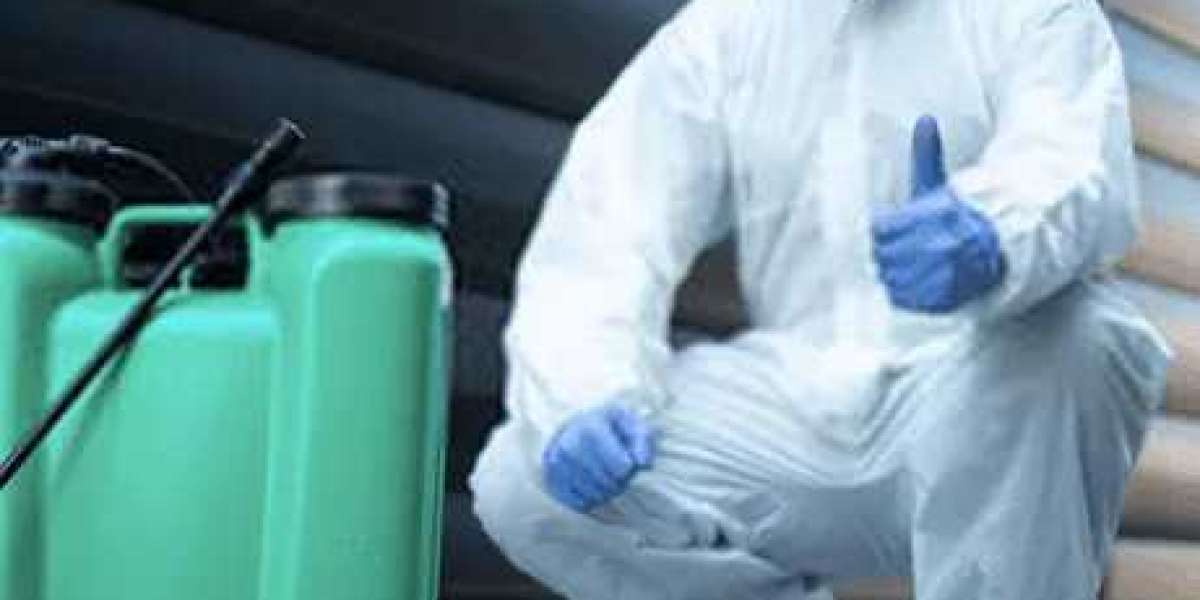PTSD symptoms can be very hard to cope with, but effective treatments are available. They include therapy (counseling), and medications. Some people with PTSD find they are better able to manage their symptoms when they have support from family and friends.
The first step is to visit your general practitioner (GP) if you or someone you know has PTSD. They will ask about your symptoms, and how long they have been present. They will also want to know if the symptoms interfere with work and study, relationships and day-to-day life. The GP may refer you to a mental health specialist.
Most PTSD treatments involve psychotherapy, or talking therapies. These can be done one-on-one with a therapist, or in groups with other people who have PTSD. Talking therapy can help you understand your PTSD and learn coping skills. It can also help you face up to difficult feelings and memories, which is often a big part of dealing with PTSD.
A variety of psychotherapies have been developed to treat PTSD, including trauma-focused cognitive behavioural therapy (CBT), eye movement desensitisation and reprocessing (EMDR), and interpersonal and supportive therapy. These may be used alone, or in combination with medication.
Medication can control some of the most serious symptoms of PTSD, such as anxiety, agitation, depression and problems with sleep. Antidepressants called SSRIs and SNRIs (selective serotonin reuptake inhibitors and serotonin-norepinephrine reuptake inhibitors) are commonly used to treat PTSD. Examples of these are sertraline, paroxetine and venlafaxine.
Psychiatrists, psychologists and social workers are all mental health professionals who can provide treatment for PTSD. Many people who live through a traumatic event develop PTSD, but it is not inevitable that everyone will. The key is to seek prompt treatment with a mental health professional, especially if the symptoms affect work and other areas of your life.
While not all PTSD symptoms will disappear, with treatment they will generally improve. It is important to follow the treatment plan you and your therapist have agreed on. This may include going to places or doing things that remind you of the traumatic event. It will also include re-experiencing the traumatic event or confronting it through exposure therapy.
Some children and teenagers develop PTSD after a traumatic event, but their symptoms are different to those of adults. Children and teenagers may lose interest in play or have unwelcome nightmares that replay the traumatic event, or they might become socially withdrawn. They may also display disruptive or disrespectful behaviour, and they may have thoughts about revenge. Psychotherapy can help children and teenagers deal with these difficulties, but it is also possible that they may need specialised medication.



